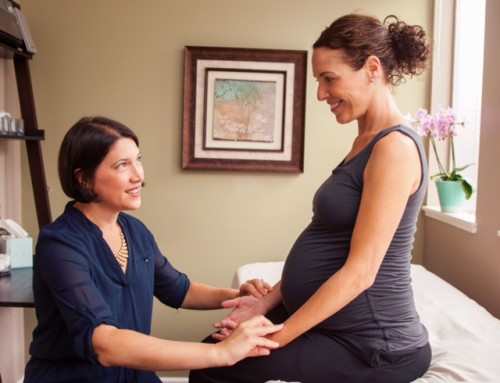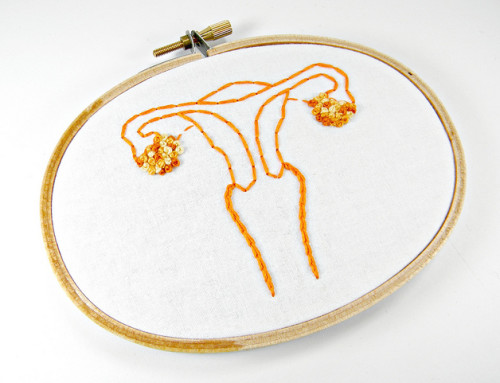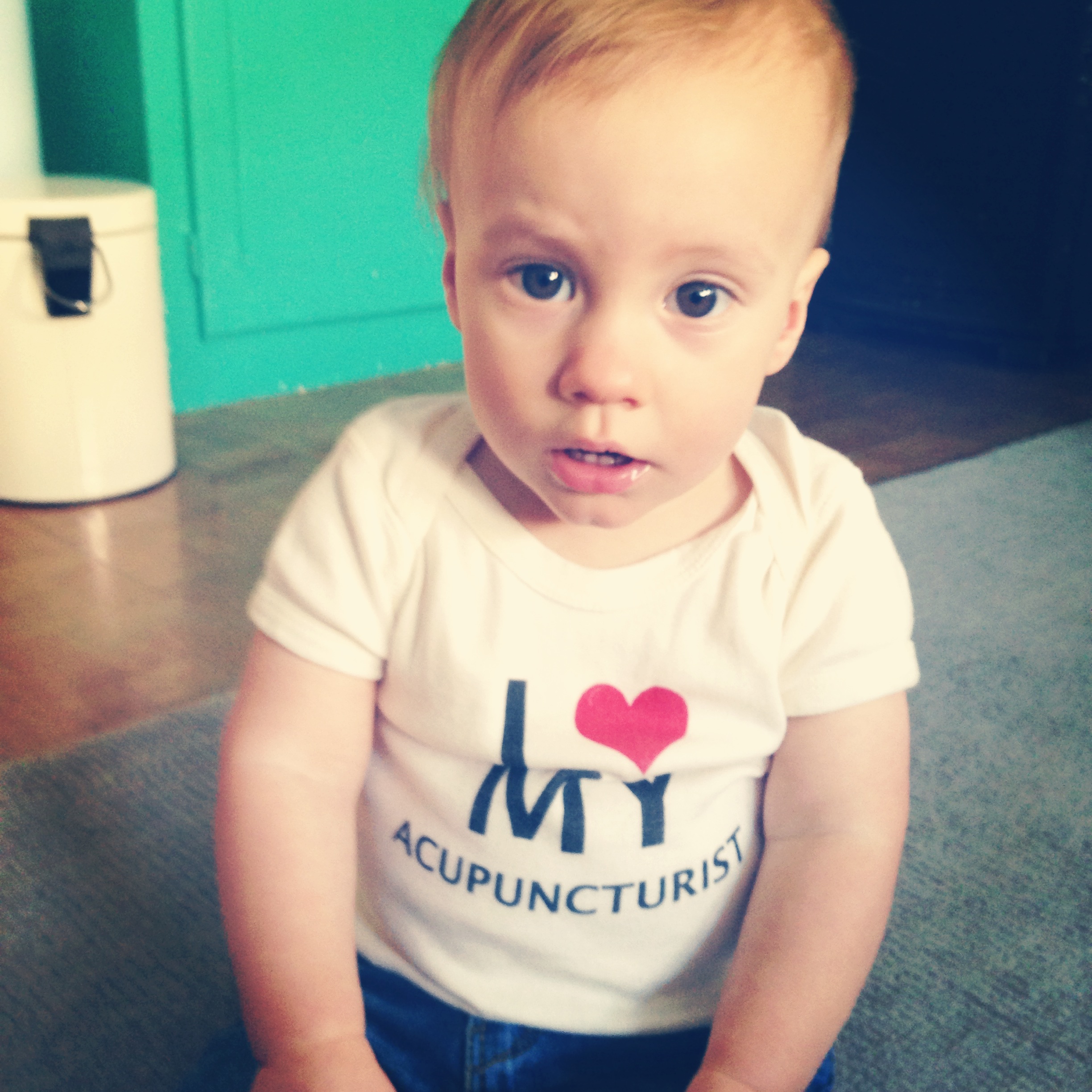If you’re struggling with fertility you’re not alone. Millions of couples experience infertility each year with causes that can be difficult to determine. One diagnosis that’s popping up more and more is PCOS, or Polycystic Ovarian Syndrome.

Polycystic Ovarian Syndrome is an extremely complex endocrine and metabolic disorder that affects women of reproductive age. With symptoms and risks that vary greatly among women diagnosed with the disorder as well as a cause that doctors have not been able to pinpoint, it can be a very confusing diagnosis. At Mama Lounge of San Francisco we see a large number of women seeking natural treatments to regulate the cycle for conception. More and more frequently we’re finding these women fall into the PCOS category.
Prevalence
PCOS is one of the most common endocrine disorders in females, affecting approximately 10% of women worldwide with 6-7 million women diagnosed in the United States.
Causes
While there is no known cause of this disorder, research suggests that there is a genetic link increasing the risk for PCOS in women who have mothers, sisters, or grandmothers that have been affected. Low-grade inflammation as a result of various food intake and environmental factors has also been observed in women with PCOS. Other factors such as sugar metabolism and insulin resistance are found to be a part of the PCOS diagnosis.
Serious health risks
While anovulation and infertility is perhaps the most known and feared risk associated with PCOS, there are several other health risks that can accompany PCOS, especially if left untreated. Some additional risks include:
- Diabetes
- Endometrial and breast cancers
- Women with PCOS are 7x more likely to develop Cardiovascular disease
- Menstrual cycle irregularities
- Complications during pregnancy
If you believe you have or may be at risk for developing PCOS, it’s extremely important to consult with a doctor or one of our acupuncturists with specialized training in dealing with this complicated hormonal disorder. We use extensive lab testing to help diagnose the condition, and a combo of acupuncture, herbs, diet and exercise have been found to be extremely effective at treating PCOS permanently. But what are the symptoms of PCOS and how do you know if you have it?
Be sure to check back for the next blog in this four-part series discussing signs, symptoms, and diagnosis!




